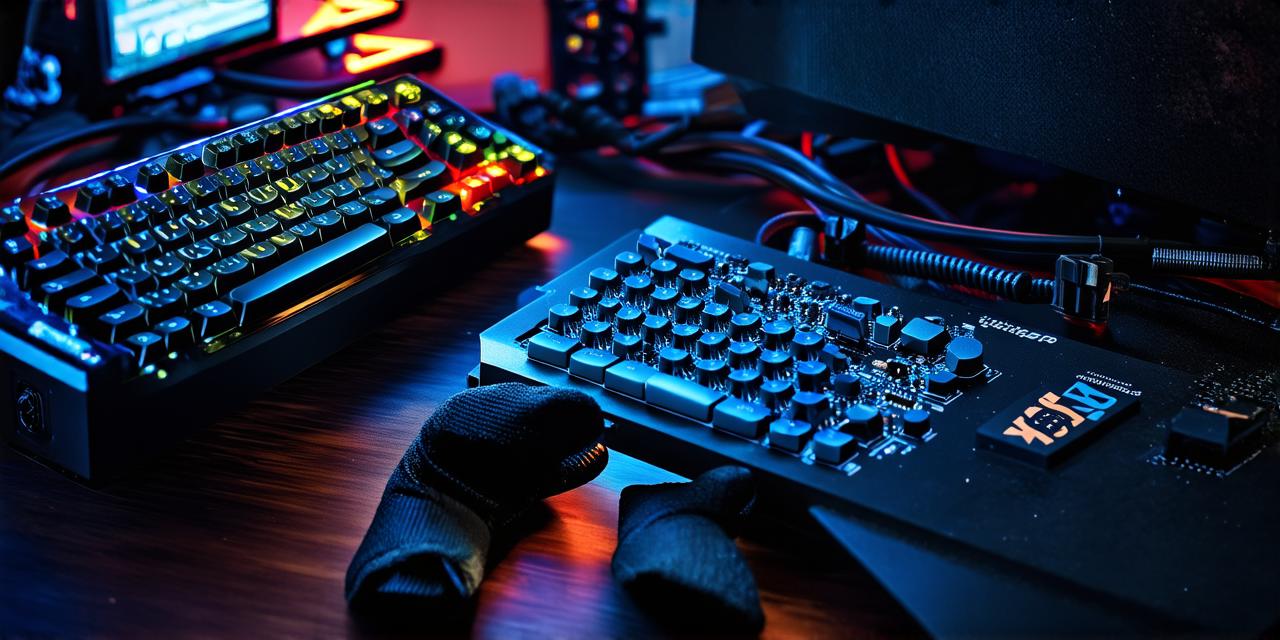
Are you tired of constantly upgrading your laptop to run the latest games? Do you want to build a gaming PC that will last for years and provide top-notch performance? If so, building your own gaming PC may be the perfect solution. In this article, we’ll explore the pros and cons of building your own gaming PC, and provide you with all the information you need to make an informed decision.
Pros of Building Your Own Gaming PC
Customization
When building a gaming PC, you have complete control over every aspect of the build. You can choose the components that will best suit your needs and budget, and configure them to provide the exact performance you desire. This means that you can create a gaming PC that is tailored specifically to your needs, providing you with the perfect gaming experience.
Cost-Effective
Building a gaming PC can be more cost-effective than buying a pre-built gaming laptop or desktop. By selecting the components yourself, you can choose lower-priced options that still provide top-notch performance. Additionally, by building your own gaming PC, you can easily upgrade individual components as needed, rather than having to purchase an entirely new machine.
Performance
A gaming PC built with high-end components can provide superior performance compared to a pre-built gaming laptop or desktop. With the ability to choose the best components for your needs, you can create a gaming PC that is optimized for maximum performance and speed. This means that you’ll be able to play the latest games at higher settings and with faster load times.
Cons of Building Your Own Gaming PC
Time-Consuming
Building a gaming PC can be a time-consuming process, especially for those who are new to computer building. It requires knowledge of computer hardware and software, as well as the ability to troubleshoot problems that may arise during the build process. If you don’t have the necessary skills or experience, it could take longer than expected to complete the build.
Risk of Damage
There is always a risk of damaging components when building a gaming PC. This can be especially true if you are not familiar with the components and how they fit together. If you damage a component during the build process, it could cost you a significant amount of money to repair or replace it.
Compatibility Issues
When building a gaming PC, compatibility issues can arise. This is because different components may have different compatibility requirements. For example, if you select a motherboard that is not compatible with your chosen processor, you may not be able to run the latest games at optimal settings. It’s important to research compatibility requirements before making any purchases to avoid these types of issues.
Maintenance Required
Building a gaming PC means that you will be responsible for maintaining it. This includes cleaning and upgrading individual components as needed, as well as troubleshooting problems that may arise during the use of the machine. If you don’t have the necessary skills or experience to maintain a gaming PC, it could become costly and time-consuming in the long run.
Case Study: Building My Own Gaming PC
I recently built my own gaming PC, and I couldn’t be happier with the results. I chose components that were specifically designed for high-performance gaming, and I spent several hours researching compatibility requirements to ensure that everything would work together seamlessly.
The build process was a bit challenging at first, as I had never built a computer before. However, by carefully following the instructions and troubleshooting any issues that arose, I was able to complete the build in just a few hours.
Since building my gaming PC, I’ve been able to play the latest games at high settings with fast load times. I’ve also been able to upgrade individual components as needed, which has allowed me to continue improving the performance of my machine over time.
